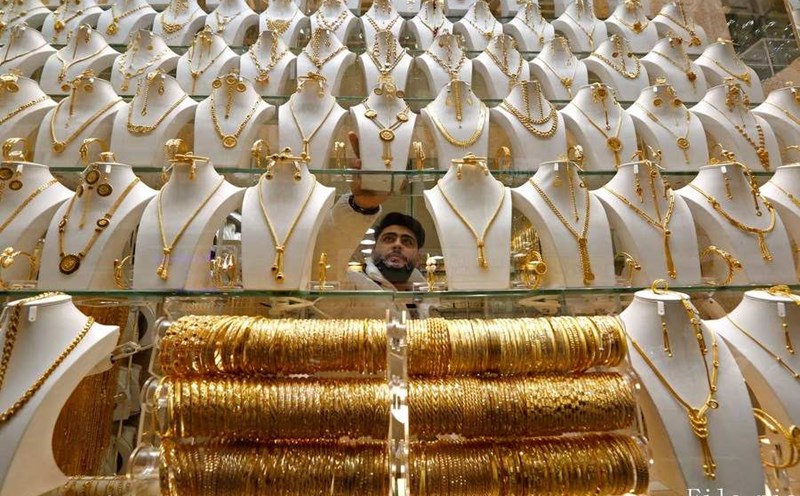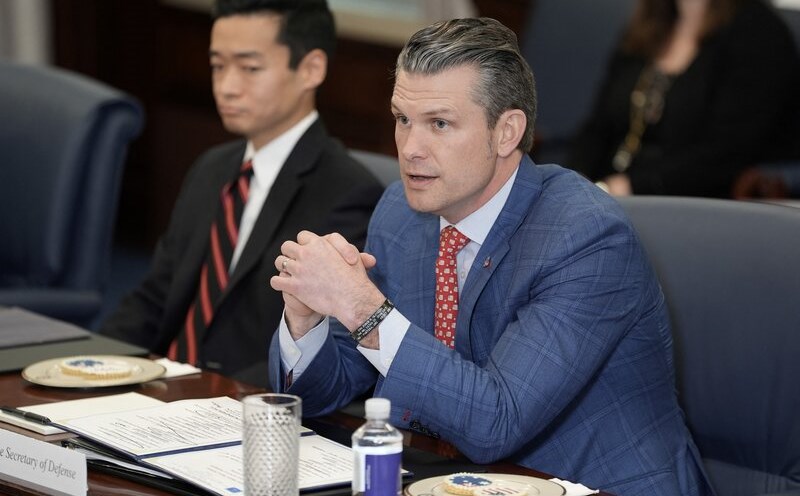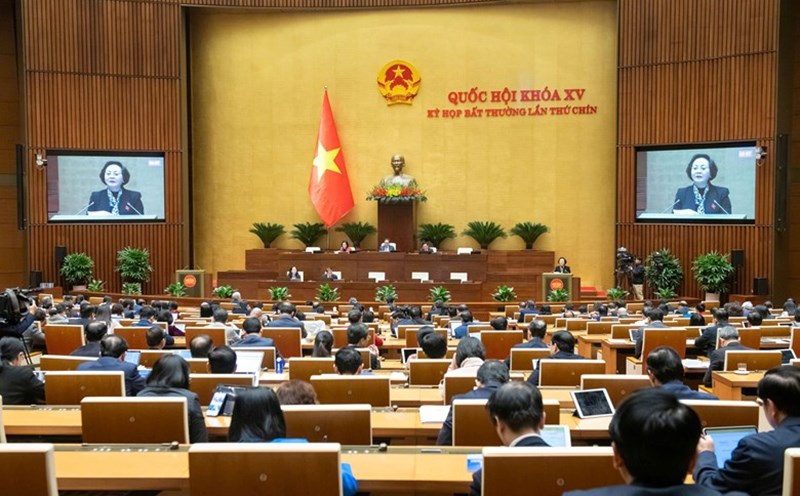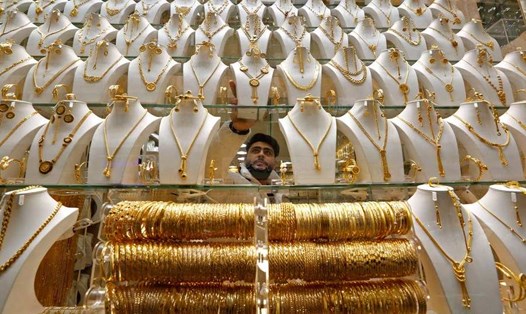Bitcoin and cryptocurrency prices have just had a strong bounce after US President Donald Trump announced a one-month delay in imposing tariffs on Mexico and Canada, helping to dispel the wave of panic that has engulfed the market.
According to Forbes, after falling to a low of $91,000 on the morning of February 3, the price of Bitcoin quickly recovered, surpassing the $100,000 threshold on February 4. Traders are betting on the time when Bitcoin can usurp the gold throne with a market capitalization of $18,000 billion.
Reuters reported that President Donald Trump has just signed an executive order requiring the US Treasury Department and the Department of Commerce to establish a sovereign wealth fund within one year.
“I tell you the truth, it’s time for this country to have a sovereign wealth fund,” President Donald Trump told reporters, prompting speculation that the sovereign wealth fund could be used to buy Bitcoin for the US government.

Trump has previously suggested that the fund could be funded by tariffs and other sources. Now, Polymarket, a decentralized prediction market platform, has seen the odds on the question “Will President Trump create a Bitcoin reserve in his first 100 days?” rise from 13% to 20%, indicating growing confidence in this scenario.
Senator Cynthia Lummis, a strong Bitcoin supporter who proposed a bill to buy 1 million Bitcoins in 5 years, spoke on the X platform with the cryptic keyword "₿ig deal" - implying that Bitcoin could become part of this national wealth fund.
David Sacks, Trump's advisor on artificial intelligence and cryptocurrencies, is expected to announce a plan to help the US maintain its world number one position in cryptocurrencies.
When signing the executive order, Donald Trump - who calls himself the "first crypto president", stood next to Treasury Secretary Scott Bessent and Commerce Secretary nominee Howard Lutnick - both influential figures in the field of Bitcoin and digital finance.
“Bitcoin is going to be rarer, more special, and more valuable,” Lutnick, who used to manage assets for Tether, the company that issues the $140 billion USDT stablecoin, said with conviction. “It’s going to be backed like gold and oil. It’s going to be much, much higher — and it’s going to be volatile — but you have to have faith.”
Lutnick, however, declined to say whether he would step down from the White House crypto task force, although he would maintain ties with Tether, according to Politico.
Finance Minister Bessent affirmed that the government will seek to leverage national assets, which may include digital assets such as Bitcoin, to generate profits or support the economy, instead of letting them lie idle without being exploited effectively.
In Vietnam, representatives of the State Bank have repeatedly sent out the message: Bitcoin and other similar virtual currencies are not legal currencies and payment methods in Vietnam. The issuance, supply, and use of Bitcoin and other similar cryptocurrencies as payment methods are acts that are not in accordance with current laws.











